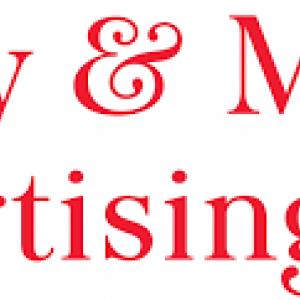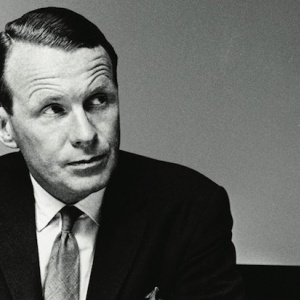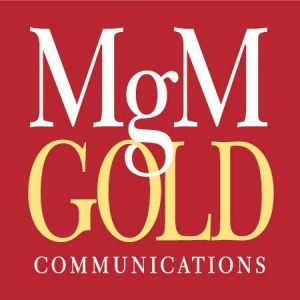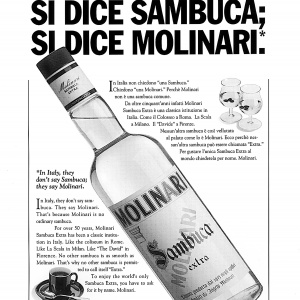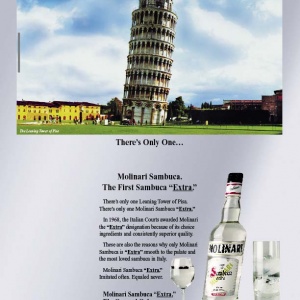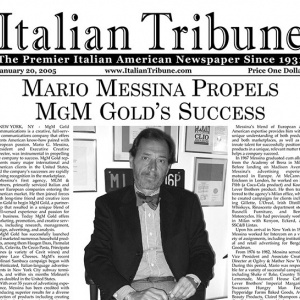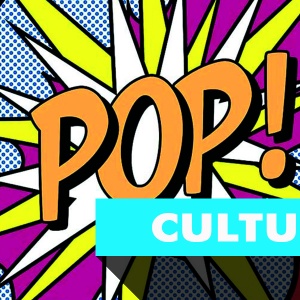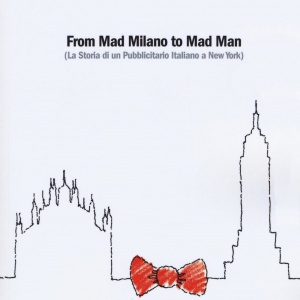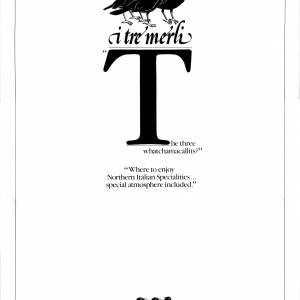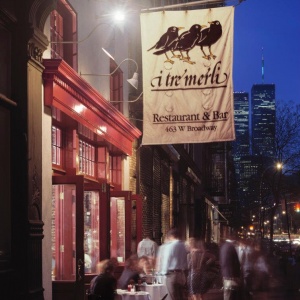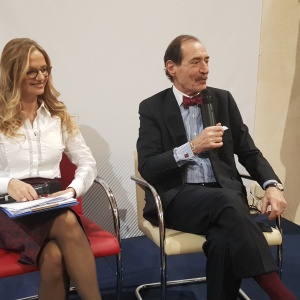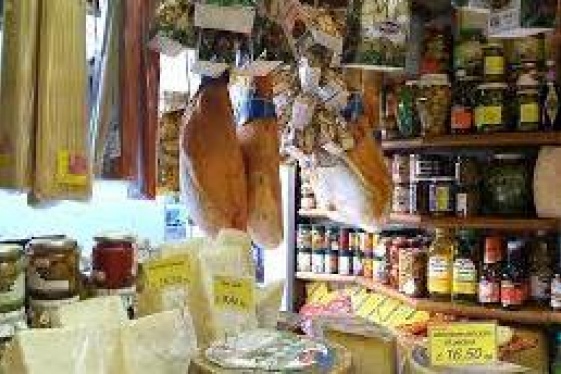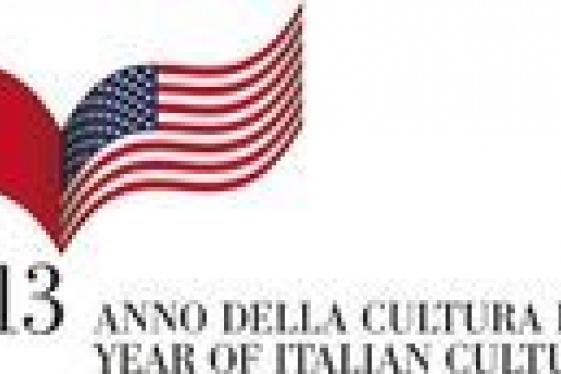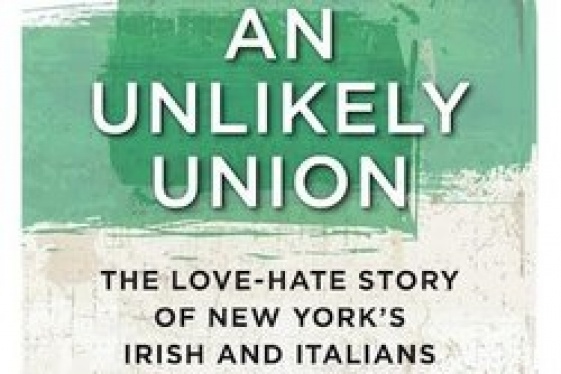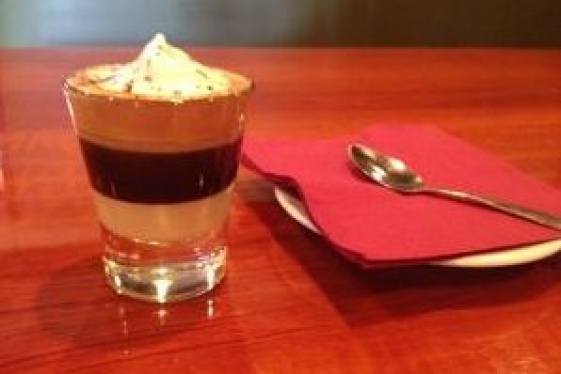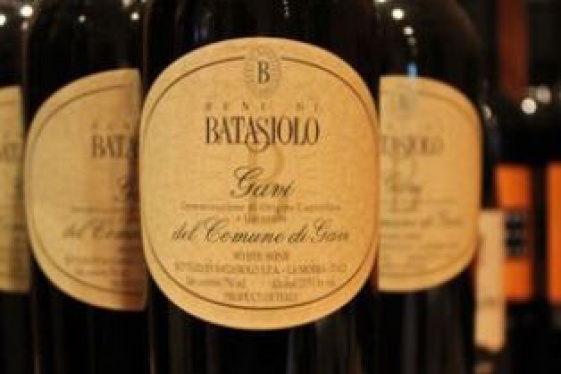
Mario Messina (Author of the book "From Mad Milano to Mad Man")
"From Mad Milano to Mad Man": Mario Messina, il re della promozione italiana negli Stati Uniti

There are several sectors of the economy in which the United States is a world leader. One of these is undoubtedly that of advertising, which brings with it the fundamental link with the world of commerce. In the golden age of Madison Avenue, New York, the history of commercial communication was made.
The guest of this interview is one of the protagonists of that era and of the evolution of advertising to the present day. Mario Messina is an Italian proud of his origins who for decades has been a leader in the promotion of many products: but he was also the first to open an agency in New York exclusively dedicated to promoting Italy, a pioneer who opened the way in the US when Italian products were still little promoted and known in America. We are grateful to Mario for his courtesy and availability
Mario, please tell us something about your journey in the creative world of advertising, from Italy to America
I began working in advertising in Italy, with Major International Agencies such as SSC & B Lintas, Kenyon & Eckhardt, McCann London and then McCann Milano. After testing the international sight of our profession, Italy was too tight for me and I decided to come and prove myself in Madison Avenue, where all the best professionals in communication and advertising in the world were working in those days: it was 1974.
So, I came to New York to seek fame and fortune. I got a job at Ogilvy & Mather in New York where I became Vice-President and co-creative director, of one of the groups and I had the good fortune of working very closely with David Ogilvy on a few projects. After David retired, I left: the agency was turning into a financial institution rather than the creative power house that I loved, so I decided to leave and to open up my own shop to create something different than what was available in those days. So, instead of being another anonymous agency of Madison Avenue, I opened up the first and only agency specializing in introducing European and Italian Companies in the American Market.
My reputation in Italy was very high for what I had achieved in the past and for the crazy idea of coming to New York, and I had some great knowledge of the American market to combine with that: so I put the two things together and I was able to help Italian companies successfully entering the American market.
Which part of you is Italian, and which is American?
I think that basically the heart, the creativity, the elegance in communicating is my Italian side. The American part is the synthesis in communicating and the rebellion about common things, like how to try to refrain from the banality of the way of perceiving the everyday life of the city: these are the things coming from my American side.
What are your main successes in the promotion of Italian products in America?
We created brand new categories, while we launched Italian products in the US.
We can begin with Pomì, which today is the market leader in the Super premium Italian tomatoes imported from Italy: with them we launched the aseptic packaging that basically didn’t exist before in America. That was a very peculiar situation, because American consumers were not used to see liquid food products in cardboard boxes, but were used to find and purchase dry goods like flour, sugar etc.
Another success I’m very attached to is the launch of Colavita in the American market, where we taught Americans that there is extra-virgin olive oil, which they didn’t know before.
Then with Parmalat milk we introduced in the United States the long life milk: again, another huge undertaking because Americans were used to put everything in the refrigerator.
Last but not least, the campaign to introduce Molinari and the real Sambuca Extra in America, against some products that were professing to be Italians but they were not. So, those are my most important achievements, I guess.
What role has Italy played in the world of advertising in the recent decades?
This is a very difficult question because Italy never really had a principal role in the advertising industry at a worldwide level, but it has always played a supporting role, because a lot of advertising has been translated in Italian from International campaigns. A big part of the advertising created in Italy is successful for Italy but is not travelling across the international borders.
Besides you, who are the great Italian excellences who have been successful in the American world of advertising?
Well, first and foremost I’d mention Gavino Sanna. Gavino really did something spectacular when he was in the United States. He worked for MC Cann and then Scalli Mac Cabe, which was one of the best creative boutiques in New York. He made a wonderful work when he was here, and then he went back to Italy where he made history.
Did you get an idea of why Italian creativity is so excellent? Is it something in our DNA, or in the environment in which we grow up, or maybe both things, or else?
Well, I think that mainly is the basic education that we have: the Italian romantic education is one of the most wonderful educations in the world. Also what helps is that when we grow up we are surrounded by incredible works of art and the fact that the real smart Italians, in order to compete in the world, have to become really creative, because Italy cannot compete otherwise with other countries without being clever and outsmart all the international competitors.
And then there is one of the things that I experienced, and surprised me when I came here: to be competitive I had to reinvent myself. That's exactly what's going on when Italian companies are successful: they reinvent themselves. They are like chameleons, and they turn to something that is wonderful, something that was not seen before, something that adapts to a situation, but in a clever way.
So, as the scientists say, “What nature does not do, nurture does” …
Absolutely.
Is it true that America, the motherland of advertising and marketing, is the ideal environment to reward Italian creativity from this point of view?
I think that the answer is yes, because that is why Italian fashion, Italian wines, Italian food and other goods created just for the international market find a fertile soil here. Actually, they have become icons thanks to the American marketing savvy, because the American marketing is been instrumental in helping these people and these companies and these products became such huge successes.
How has communication and promotional language evolved since you started to nowadays?
First of all, everything is much less formal because of the evolution of the custom, the evolution of our life style, of who we are. Then, today we have a synthesis of communication that was not possible before. Everything was way more formal and rigid. The pop culture broke up the old fashion way of doing things and communicating.
Today everything is way more direct, is even more fun in a certain way. So this informality in lifestyle led to the opportunity of becoming friendly in communicating with a consumer, and that's a big advantage. Especially when you talk about new generations who don't like to be preached from the top of the mountain about something, but they just want to be provided with information and they want to make up their own mind about the products or the services they like or not. So, I think that this is the result of a cultural evolution – or revolution - I would say. And it’s still going on, we haven’t finished yet.
How would you reach the young Italian Americans and “sell them” Italy? How would you try to convince them that they should be proud of their Italian heritage?
I think that there should be something related to social media to do that. I don't know which social media are most efficient to do that, I would need to do a research about that and it would be interesting to know. But for sure you have to reach them by giving them a sense of pride about their heritage. For example, many years ago, when we did a research to introduce Molinari to the United States, we found out that the first generation of Italian Americans didn't really want to be considered Italian: they wanted to be part of the American fabric, they wanted to become Americans. The second and third generation, instead, started to go back to school and learn Italian and they had a lot of pride for their Italian heritage, because of the beautiful things that Italians have done and donated to the world.
I think that today is even easier because there are more and more Italian things that are part of the everyday’s life of the American people. And so it should be easier to raise a sense of pride in being part of those who make this stuff, the stuff that is making your life better, the stuff that is making you look different, more interesting.
Thanks Mario. Your point is very well taken, and it worth a lot of money! I’m thankful you have shared it with us. Last question. Your experience is remarkable, and in your book you tell different tasty anecdotes. Is there one about Italy in America that you'd like to share with our readers?
I think that one of the funniest things, probably, is my involvement with an Italian restaurant in the United States, called “I Tre Merli”. There were two Italian guys who came to NY from Genova, trying to do something: they had a restaurant in Genova and they wanted to open up an Italian restaurant in NY. So they opened up in SoHo, but nobody was looking for Italian food in SoHo. Also, there was not a wide spread knowledge about Italian regional food: food from Genova was unknown, food from Reggio Emilia was unknown, food from Friuli Venezia Giulia was unknown, and so on. There was just Italian food back then in New York and in the US.
So, when they came to me I scratched my head and I said: “You know, guys, in order to get your restaurant to take off, you got to do a bunch of things. But you really must do what I tell you, without changing anything.” They said yes, and so we started this campaign. They were funny as hell, but very well prepared and smart, and they knew what they were doing. So we created full page ads: we were the first ones in New York to do something like this for a restaurant. So, people thought that these guys had an incredible amount of money to invest, which wasn’t true, because we were just buying remnant spaces in The New York Times or in the Daily News.
So we came up with a very unusual piece of communication: we were selling a destination, and not just the food. These guys went absolutely crazy because immediately the phone calls started to rain and they started to fill up the restaurant. At this point they showed the true colors of their Italian smarts and every night at the restaurant it was a party: they were throwing cakes on their faces, every night they were putting on an incredible show, that made that restaurant become really one of the most popular places to go to. They lasted for 20 years and then they sold it. But they had a good run, when they were successful they took advantage of the wave and opened up in Los Angeles, Miami, and I think that they have franchised the restaurant even in Japan.
You may be interested
-
‘Fuggedaboudit’ the motto of new Italian del...
By Kimberly Sutton Love is what brought Tony Nicoletta to Texas from New York.The transpl...
-
1st Annual Little Italy Cannoli Tournament
Little Italy San Jose will be hosting a single elimination Cannoli tournament to coincide...
-
A Week in Emilia Romagna: An Italian Atmosp...
The Wine Consortium of Romagna, together with Consulate General of Italy in Boston, the Ho...
-
An Italian American Feast For Family Reunion...
Hey, come over here, kid, learn something. ... You see, you start out with a little bit of...
-
An Unlikely Union: The love-hate story of Ne...
Award-winning author and Brooklynite Paul Moses is back with a historic yet dazzling sto...
-
Buon Appetito! Unique Italian dining at Ragú...
There's something to be said for having your food prepared tableside. Guacamole tastes fre...
-
Cathedral of St. John the Divine, Oratorio S...
For the first time ever, The Cathedral of St. John the Divine, in collaboration with the O...
-
Chef Carmelo Mauro to host Beni Batasiolo Wi...
Fiorenzo Dogliani, owner of Beni di Batasiolo, will join Carmelo Mauro for an exclusive wi...





